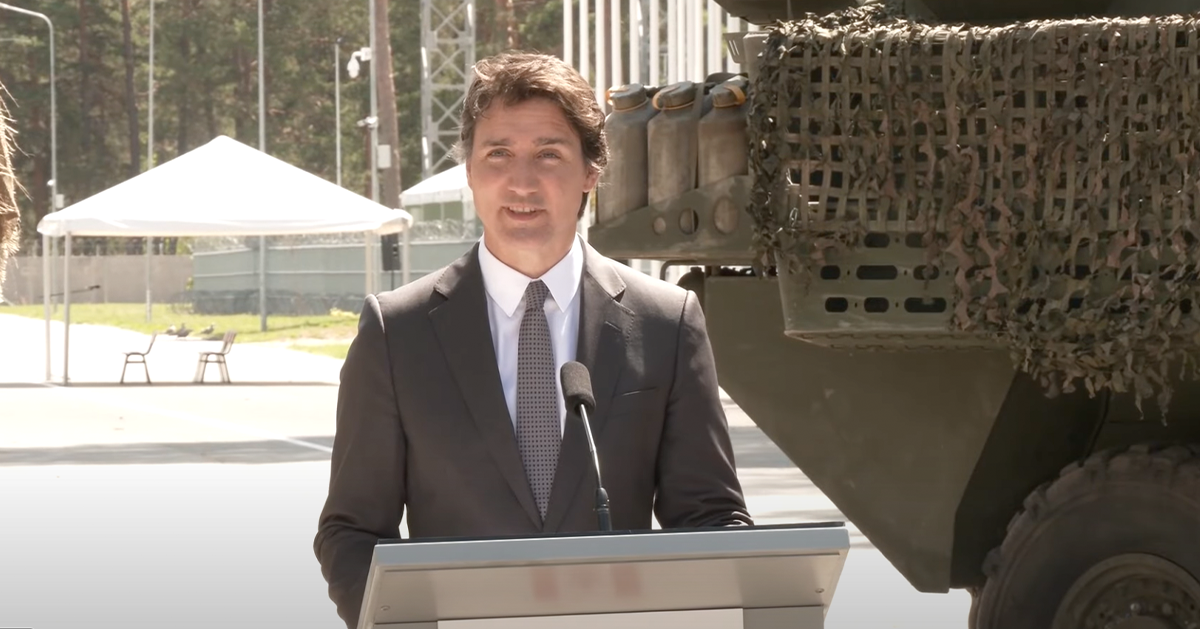Rogan Claims Media Executed History's Most Extensive Psy-Op On Trump
Joe Rogan, the host of the globally popular "The Joe Rogan Experience," has recently been vocal about the impact of mainstream media on political narratives. Rogan's podcast is influential, drawing millions of listeners, and making his opinions significantly impactful.
Media Portrayal Shifts Over the Decades
Rogan highlighted the stark contrast in Trump’s media coverage over the years. He referenced positive media appearances Trump made in the past, such as on "The View" in 2012 and on Oprah Winfrey's show in 1988.
He contrasted these with more recent negative portrayals on the same platforms, noting that during the 2024 election cycle, Oprah campaigned with Kamala Harris, and "The View" has taken a markedly harsher tone towards Trump.
Rogan Criticizes Mainstream Media's Credibility
Rogan critiqued the mainstream media for its loss of credibility, stating it had alienated even some liberals, including himself. His endorsement of Trump came late in the 2024 election campaign, illustrating his growing disenchantment with traditional media outlets.
This shift, according to Rogan, represents "the greatest media psy-op in history," a term he explained during his podcast as a psychological operation aimed at manipulating public perception.
Reactions to Historical Political Statements
Diving deeper into historical context, Rogan played a recording of Hillary Clinton from 2008 discussing immigration policies that mirrored conservative views, prompting surprise among his guests, Shane Gillis, Mark Normand, and Ari Shaffir.
Clinton's comments on immigration included requirements for illegal immigrants to pay fines, back taxes, and learn English—policies that many associate with conservative stances.
The Changing Landscape of Media Influence
Rogan argued that the 2024 election was the first where mainstream media did not control the narrative. He attributed this shift to alternative media sources like podcasts, social media platforms, and X, which have grown in influence and reach.
The discussion in Rogan's podcast highlighted the significant role these platforms now play in shaping public discourse, offering a counter-narrative to traditional media outlets.
Examining the Psy-Op Claim Further
During the podcast, when guest Mark Normand questioned the term "psy-op," Rogan elaborated that it involved psychological strategies to manipulate public opinion, aiming to shift perceptions dramatically.
Rogan's claim that the media has distorted Trump's image to such an extent that it affects general perception underscores his belief in the power of media narratives to influence public opinion deeply.
Broader Implications for Media and Politics
Rogan's comments reflect a broader skepticism towards the media's role in politics, suggesting a shift towards more decentralized sources of information. His observations about past and present media treatments of political figures illustrate changing dynamics in media influence.
As Rogan's podcast continues to reach a vast audience, his critique of the media's portrayal of political figures remains a significant point of discussion among listeners and political commentators alike.






